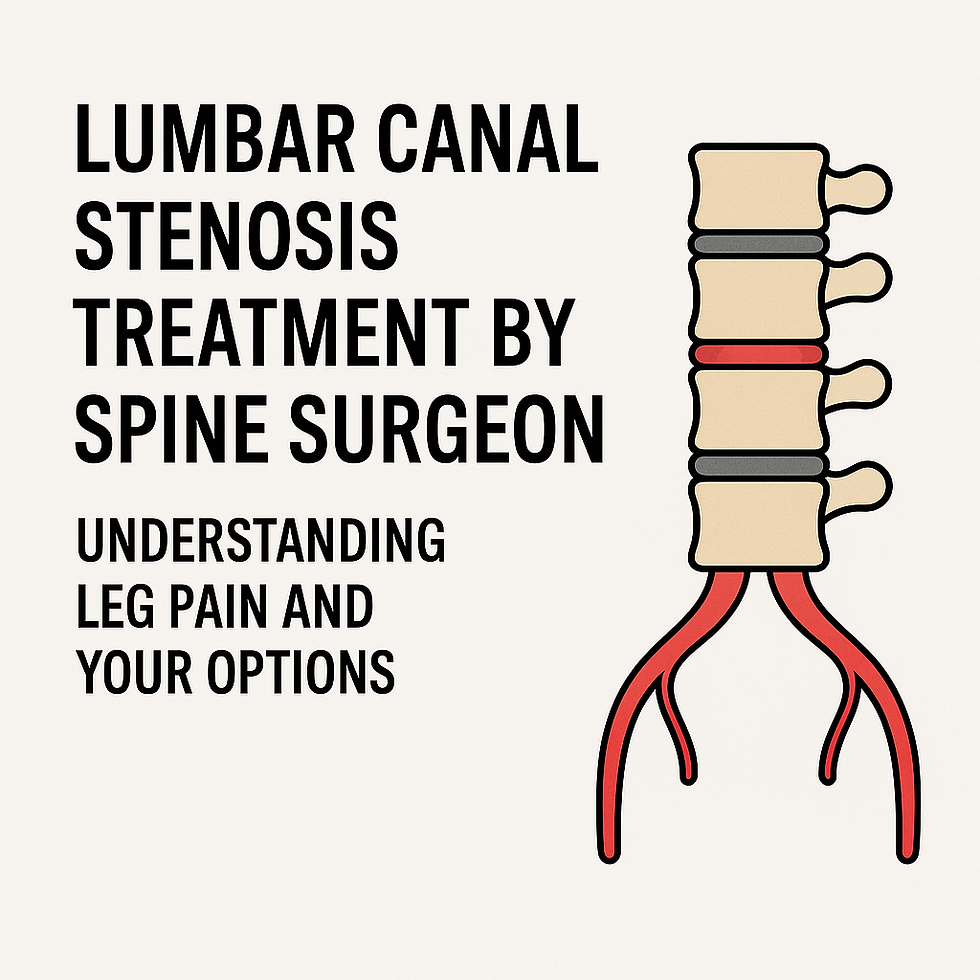How to Maintain Good Back Health: Tips from a Spine Surgeon in Adelaide
- Specialists on Hutt

- Oct 22, 2025
- 2 min read

Back pain is one of the most common reasons people visit their doctor or miss workdays.
While not all back problems can be prevented, there are many things you can do to keep your
spine healthy. Dr David Tan, our neurosurgeon and spine surgeon, shares practical advice for
looking after your back at any age.
Why Is Back Health Important?
A healthy spine supports everything you do—from getting out of bed to playing sport or
lifting your kids. Taking care of your back can help you stay active and independent, and may
prevent injuries or long-term pain.
Top Tips for a Healthy Back
Stay Active
Regular exercise keeps your back muscles strong and flexible. Walking, swimming, cycling, or even gentle yoga are all great choices. Try to move regularly and avoid long periods of sitting still.
Watch Your Posture
Good posture isn’t just for school! Try to stand tall with your shoulders back and chin tucked in. When sitting, keep your feet flat on the floor and use a chair that supports your lower back.
Lift the Right Way
If you need to lift something heavy, bend your knees (not your back), keep the load close to your body, and avoid twisting as you lift. Don’t be afraid to ask for help.
Maintain a Healthy Weight
Carrying extra weight—especially around your middle—can put extra strain on your spine
and lead to back pain.
Stretch and Strengthen
Gentle stretches for your back and legs can improve flexibility. Strengthening your core
muscles (the muscles in your tummy and lower back) help support your spine.
Quit Smoking
Smoking reduces blood flow to the spine and increases the risk of disc problems.
Listen to Your Body
If you start to notice persistent back pain, numbness, or weakness in your arms or legs, see your GP for advice. Early assessment can help prevent bigger problems down the track.
When Should You See a Specialist?
Most back pain improves with time and simple care. However, suppose your pain is severe,
ongoing, or associated with other symptoms like leg weakness, changes in bladder or bowel
control, or significant weight loss. In that case, your GP may recommend seeing a spine
surgeon for further assessment.



